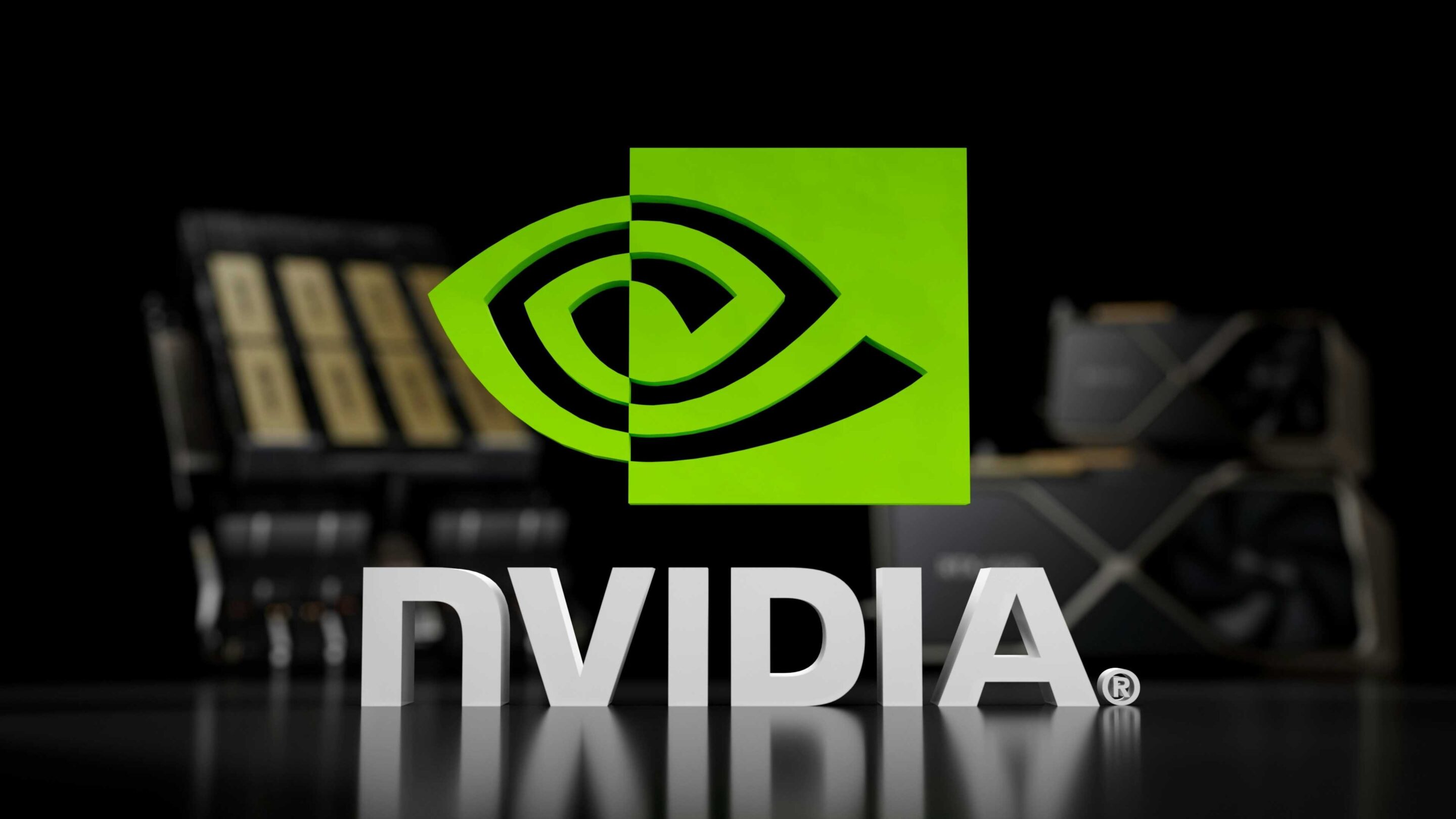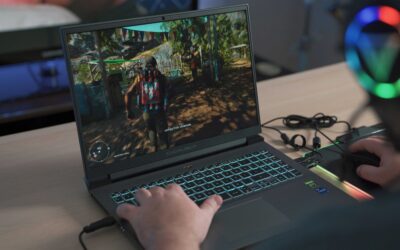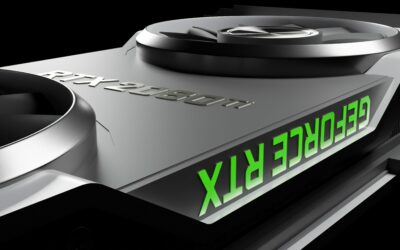Introduction: NVIDIA’s Stargate AI supercomputer Boom
The world of artificial intelligence is witnessing an unprecedented infrastructure revolution, and at the center of it is NVIDIA’s Stargate AI supercomputer $10 billion.
Set to launch in 2026, this supercomputer isn’t just another AI project—it marks a significant leap toward next-gen AI computing, backed by Microsoft, SoftBank, Oracle, and MGX. TAs part of a larger $500 billion investment in U.S. AI infrastructure, Stargate has the potential to redefine AI scalability.
However, can this ambitious project truly power OpenAI’s long-term goals while managing the growing concerns of supply chain disruptions and energy costs?
Let’s break it all down.
What Is the Stargate AI Initiative?
Key Details of Stargate AI Supercomputer
- Unveiled in early 2025, the Stargate AI supercomputer is scheduled for launch in 2026.
- Its core objective is to train advanced AI models, including GPT-5 and future generations.
- Powering this system are 64,000 NVIDIA GB200 Grace Blackwell Superchips
- Strategic Partners: OpenAI, Microsoft (Azure Cloud), Oracle, SoftBank, MGX
Investment:- $100 billion initially
-
Scaling to $500 billion by 2029
This initiative sets a new benchmark in AI computing, but raises critical questions about sustainability, cost, and reliance on NVIDIA’s hardware.
Why Are NVIDIA’s Chips Worth Billions?
- At the core of Stargate lies the powerful GB200 Blackwell Superchip, offering 30x faster AI inference than its predecessors.
- This cutting-edge GPU is optimized for large-scale AI training, making it the ideal backbone for models like GPT-5.
- With unmatched efficiency in handling complex workloads, it stands as a game-changer in AI computing.
🚨 But There’s a Catch…
- Supply Chain Strain: With Oracle, Google, and Microsoft also competing for NVIDIA’s chips, demand could outstrip supply, leading to price surges and delays.
- Vendor Lock-in Risks: OpenAI is heavily dependent on NVIDIA, reducing flexibility in adopting alternative AI chips.
- Rising Costs: The AI chip market is becoming monopolized, and NVIDIA’s pricing power could increase dramatically.
NVIDIA’s Official Announcement on Stargate AI – Read about NVIDIA’s latest AI supercomputer initiative, its capabilities, and strategic partnerships.
The Stock Market Paradox: Is NVDA Overvalued?
- Although excitement surrounds Stargate, some financial analysts have labeled NVIDIA stock (NVDA) a “STRONG SELL.”
- One major concern is overvaluation—NVIDIA’s P/E ratio of 75 significantly exceeds industry norms, sparking fears of a potential market bubble.
- Meanwhile, AMD’s MI300X and Intel’s Gaudi 3 are gaining traction, presenting real challenges to NVIDIA’s dominance.
- Additionally, production delays or integration issues with OpenAI could threaten the 2026 launch schedule.
🛠 Investor Takeaway:
While NVIDIA’s long-term AI dominance is clear, some analysts believe the current stock price already reflects future growth, making it a risky bet for new investors.
Key Challenges & Tradeoffs Facing Stargate
| Challenge | Potential Impact | Possible Solution |
|---|---|---|
| Energy Consumption (100 MW power needed) | Ballooning costs & environmental concerns | Integration of Arm-based energy-efficient architectures |
| Supply Chain Bottlenecks | TSMC struggles to meet demand for NVIDIA’s chips | Diversifying chip suppliers (e.g., Intel, AMD) |
| Market Overconcentration | AI hardware controlled by a few corporations (NVIDIA, Microsoft, Oracle) | Encouraging open-source AI models & diversified hardware |
| Investor Skepticism | Fear of overvaluation & project delays | Transparent reporting on milestones & financials |
These issues could determine whether Stargate succeeds or struggles in the AI race.
The Bigger Picture: AI’s High-Stakes Arms Race
Its not just a supercomputer—it represents a geopolitical and economic battle over AI supremacy.
🔑 Key Stakeholders in the AI Arms Race:
- Microsoft (Azure Cloud): Hosting Stargate, solidifying dominance in AI cloud computing.
- SoftBank & Oracle: Major investors shaping AI infrastructure.
- U.S. Government: Interested in AI security & technological edge over China.
Meanwhile, AI startups and smaller enterprises worry that such large-scale projects will centralize AI power in the hands of a few corporations, limiting competition.
Final Thoughts: Will Stargate Deliver?
✅ What’s Exciting?
-
Unparalleled AI computing power
-
Faster model training (GPT-5, GPT-6, beyond)
-
$500 billion investment could transform AI infrastructure
❌ What’s Risky?
-
Massive power consumption & cost overruns
-
Heavy reliance on NVIDIA’s chips (vendor lock-in)
-
Stock market overvaluation concerns
With 2026 approaching, the big question remains: Can Stargate fulfill its promise, or will AI’s exponential growth finally hit a breaking point?
Explore the Latest AI Innovations – Stay updated with cutting-edge AI advancements, expert insights, and breakthrough technologies
Frequently Asked Questions (FAQs)
1. How powerful will the Stargate AI supercomputer be?
With 64,000 NVIDIA GB200 Blackwell GPUs, Stargate ranks among the most powerful AI training systems ever built. Additionally, its advanced architecture boosts efficiency in handling massive AI workloads.
2. Why is OpenAI investing in Stargate?
It needs massive computing power to train next-gen models (like GPT-5) efficiently. In addition, Stargate offers unmatched AI processing speeds and scalability, allowing OpenAI to stay ahead of competitors.
3. Will Stargate make AI development too centralized?
There are concerns that large-scale AI projects like Stargate could limit competition by concentrating resources and power within a few corporations (Microsoft, NVIDIA, OpenAI). Moreover, smaller AI startups may struggle to compete if they cannot access similar computing resources.
4. What are the risks of investing in NVIDIA stock now?
While NVIDIA dominates the AI chip market, some analysts warn of overvaluation risks, potential supply chain disruptions, and rising competition from AMD & Intel. Additionally, any delays in Stargate’s rollout could impact investor confidence and future stock performance.
5. How will Stargate impact the future of AI?
Stargate has the potential to accelerate AI breakthroughs by providing unprecedented computational power. However, it also raises questions about energy consumption, cost efficiency, and market monopolization. Ultimately, its success will depend on how well these challenges are managed.
Final Verdict: Will Stargate AI Shape the Future?
NVIDIA’s $10B Stargate AI supercomputer is a bold step toward AI’s next frontier. Whether it will be a breakthrough or a burden depends on execution, cost management, and competition.
Would you invest in NVIDIA today? Let me know your thoughts!






